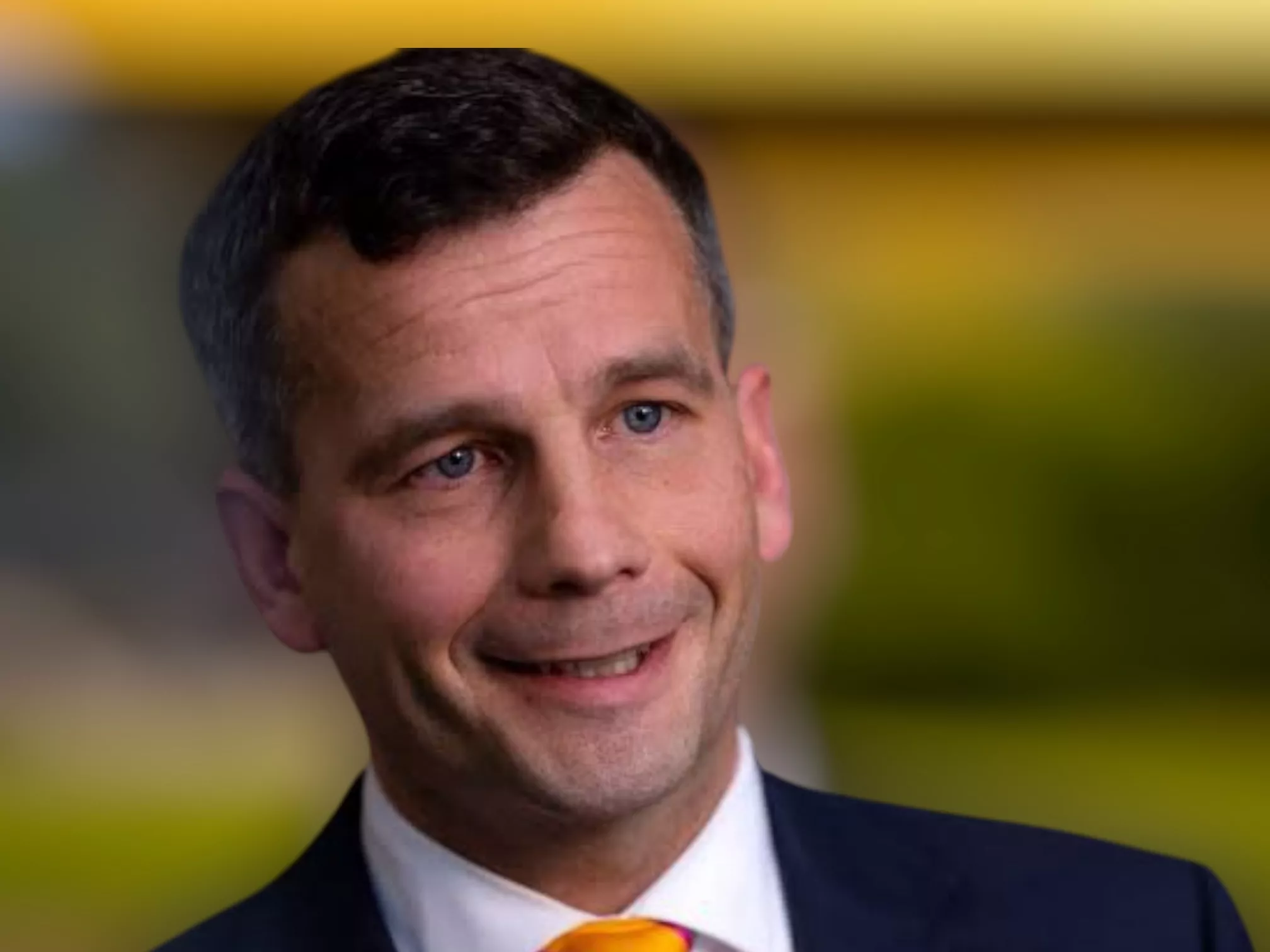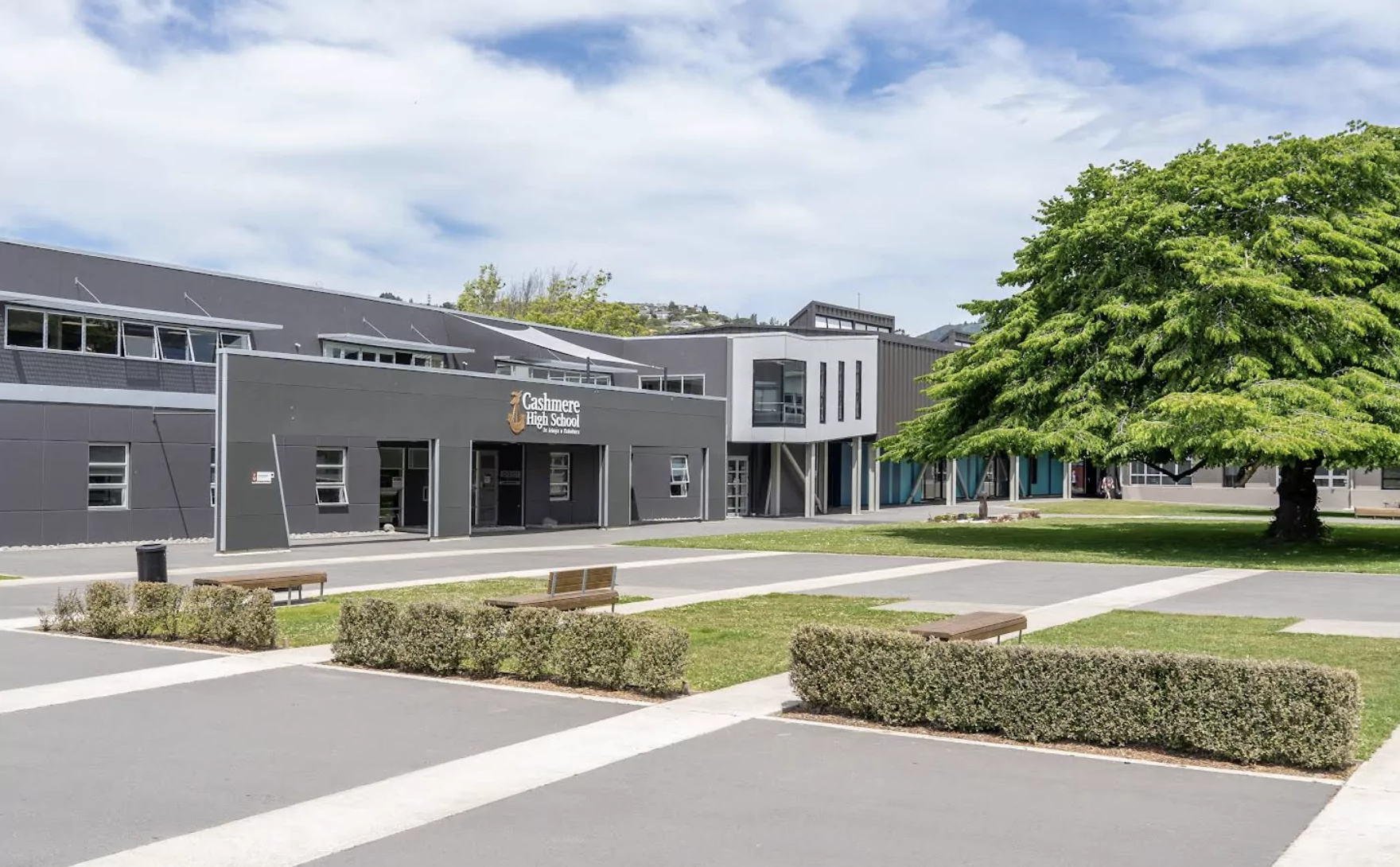Escaped youth tracked by Eagle helicopter, found hiding in New Brighton
The young person who escaped from a youth justice facility in Rolleston has been located...

Deputy Prime Minister David Seymour has called on councils to “get back to basics” and stop using ratepayer money on what he described as “nice-to-haves” that inflate household costs.
Speaking at the Local Government New Zealand conference, Seymour said councils had become key drivers of inflation due to soaring rates, which rose by 12.2 percent in the past year, compared to a national inflation rate of 2.5 percent.
“Families are tightening their belts. Government must do the same,” Seymour said. “Roads, rates, rubbish and rates should be the focus. Your job is not to recreate Plato’s Republic here in the South Pacific. It’s to effectively provide a discrete bundle of goods at an affordable price.”
He said local authorities were under pressure from decades of accumulated costs, ageing water infrastructure, and roads wearing out faster than they could be maintained. But he also pointed the finger at layers of government regulation that have made it increasingly difficult for councils to function efficiently.
“We are pushing government back to basics,” Seymour said, adding that he was scrapping legislation that had allowed councils to operate as “second-tier social ministries” under the four wellbeings framework.
“That was always going to be a recipe for higher rates,” he said. “We are repealing the four wellbeings and other vague mandates, not because they’re bad ideas, but because they’ve become an excuse to do everything and nothing.”
Seymour also outlined plans to benchmark councils so ratepayers could see how their local authority compared in terms of rates, debt, and spending. He said “some healthy competition between councils is long overdue.”
The Minister criticised the Resource Management Act for inflating costs and delaying vital infrastructure projects. He cited examples of solar farms and major retail chains facing unreasonable cultural and landscaping conditions that created costly delays.
“This is what’s driving up power bills,” he said. “You and your ratepayers want renewable energy but the consenting process demands ceremonial chanting and spreadsheet-level detail about every shrub on site. These two aims don’t compute.”
Seymour also floated the idea of a fast-track grocery development process to bring in new players like Aldi or Walmart, saying New Zealanders were “done with duopolies and done with paying too much for food.”
“Central Government gets out of the way, new businesses bring in the investment, and local councils and communities reap the rewards,” he said.
On funding, Seymour said the Government was advancing “Regional Deals” that would include new revenue tools for councils, dedicated infrastructure funding for shovel-ready projects, and performance-based outcomes.
“These are not handouts. They are contracts,” he said.
He urged local councils to adopt a “positive-sum mindset” and stop blaming Wellington for cost pressures.
“When councils deliver better infrastructure, housing becomes more affordable. When central government cuts red tape, council costs come down. When both work together, communities thrive.”
Seymour said trust in councils could only be rebuilt if they returned to core services and abandoned the idea of doing “everything and nothing.”
“That is how we rebuild trust. That is how we earn the right to ask Kiwis for more. And that is how, together, we can solve the problems of our communities — not by pointing fingers, but by rolling up our sleeves and getting to work.”


